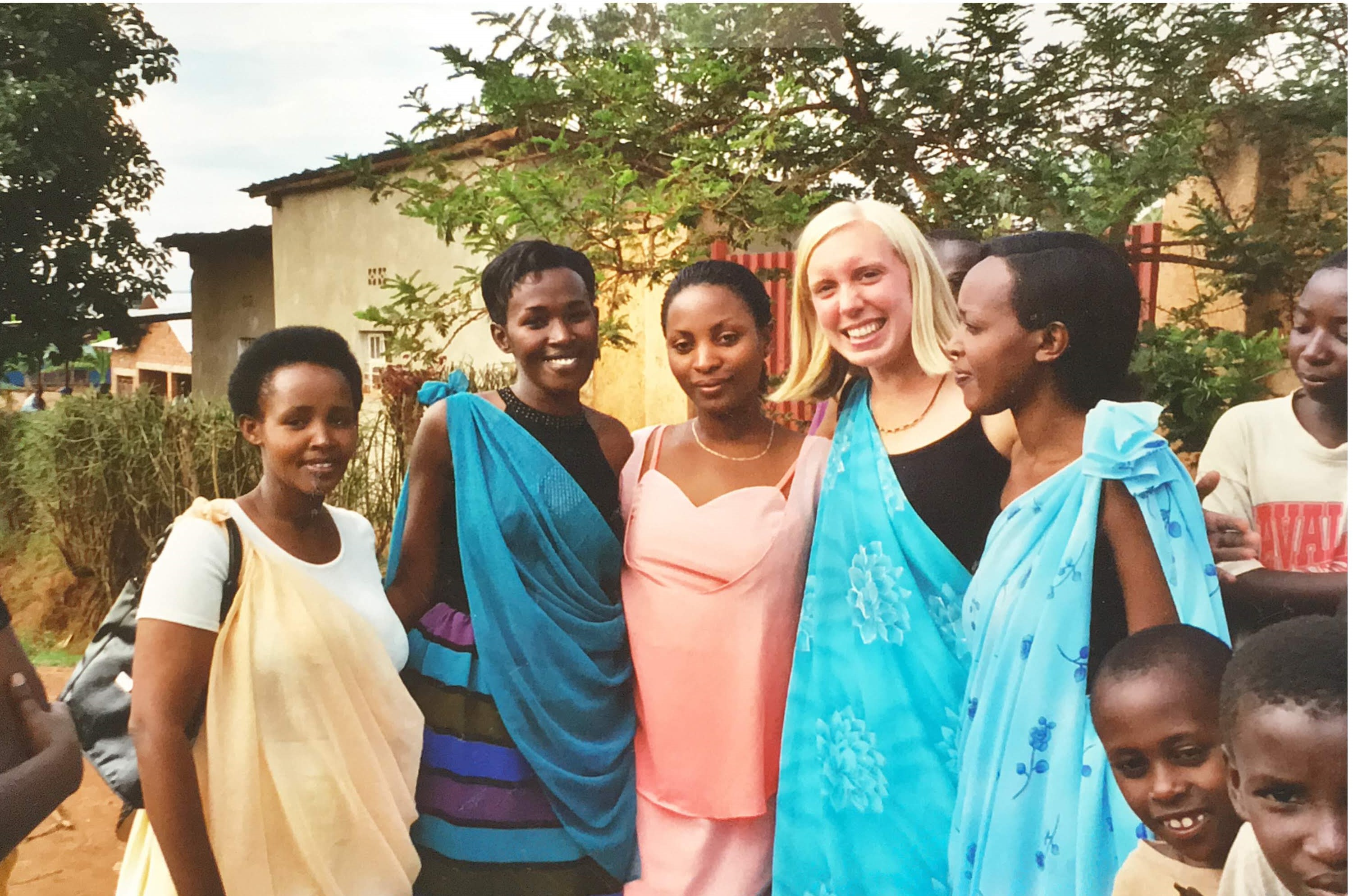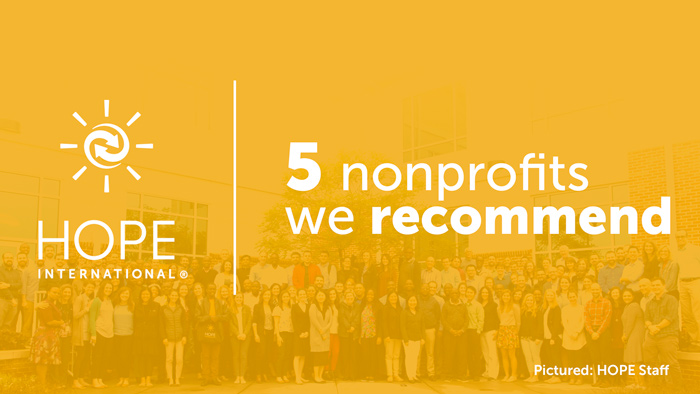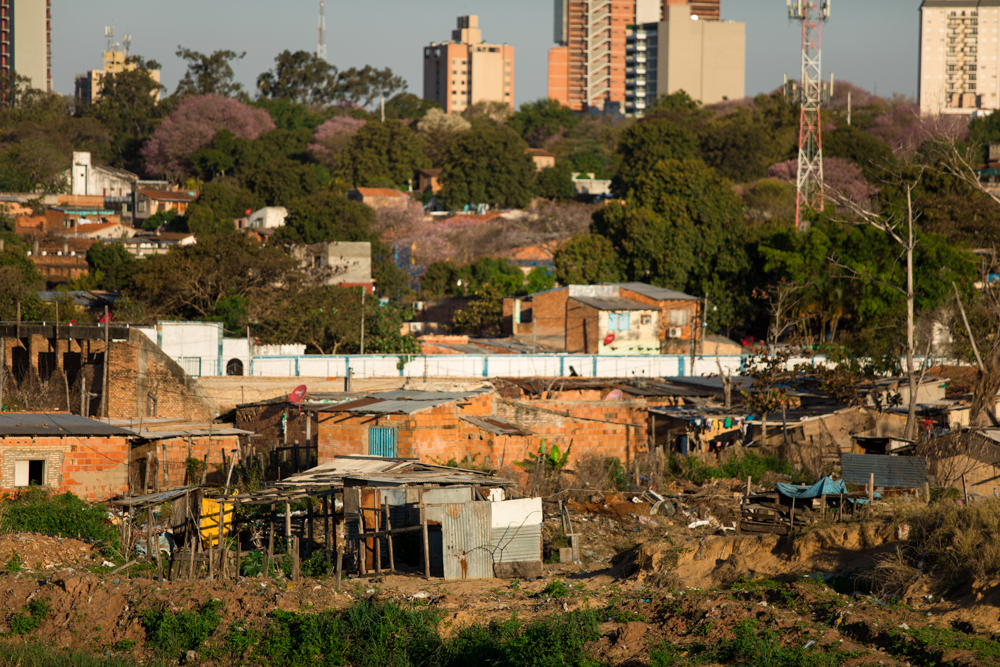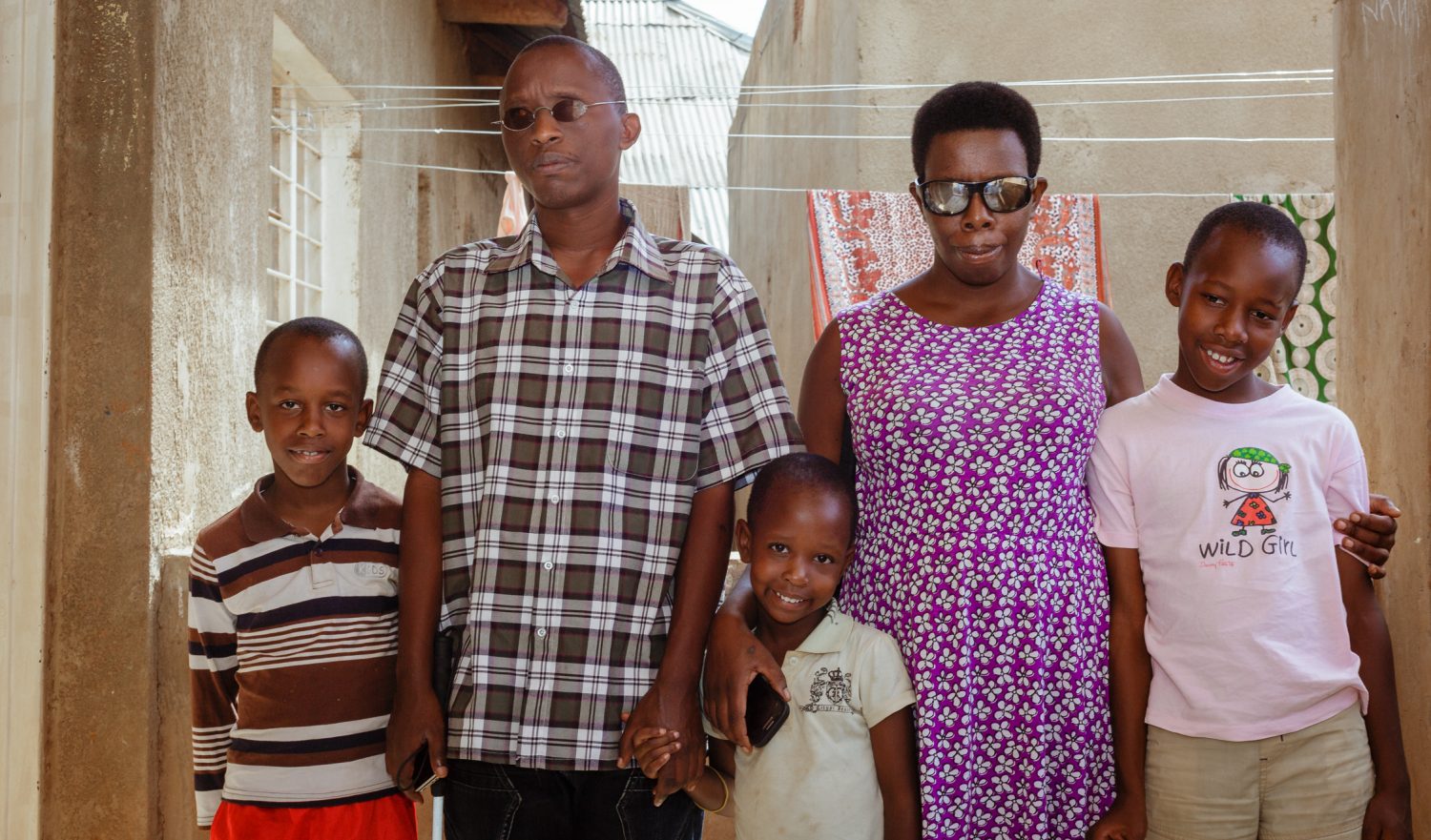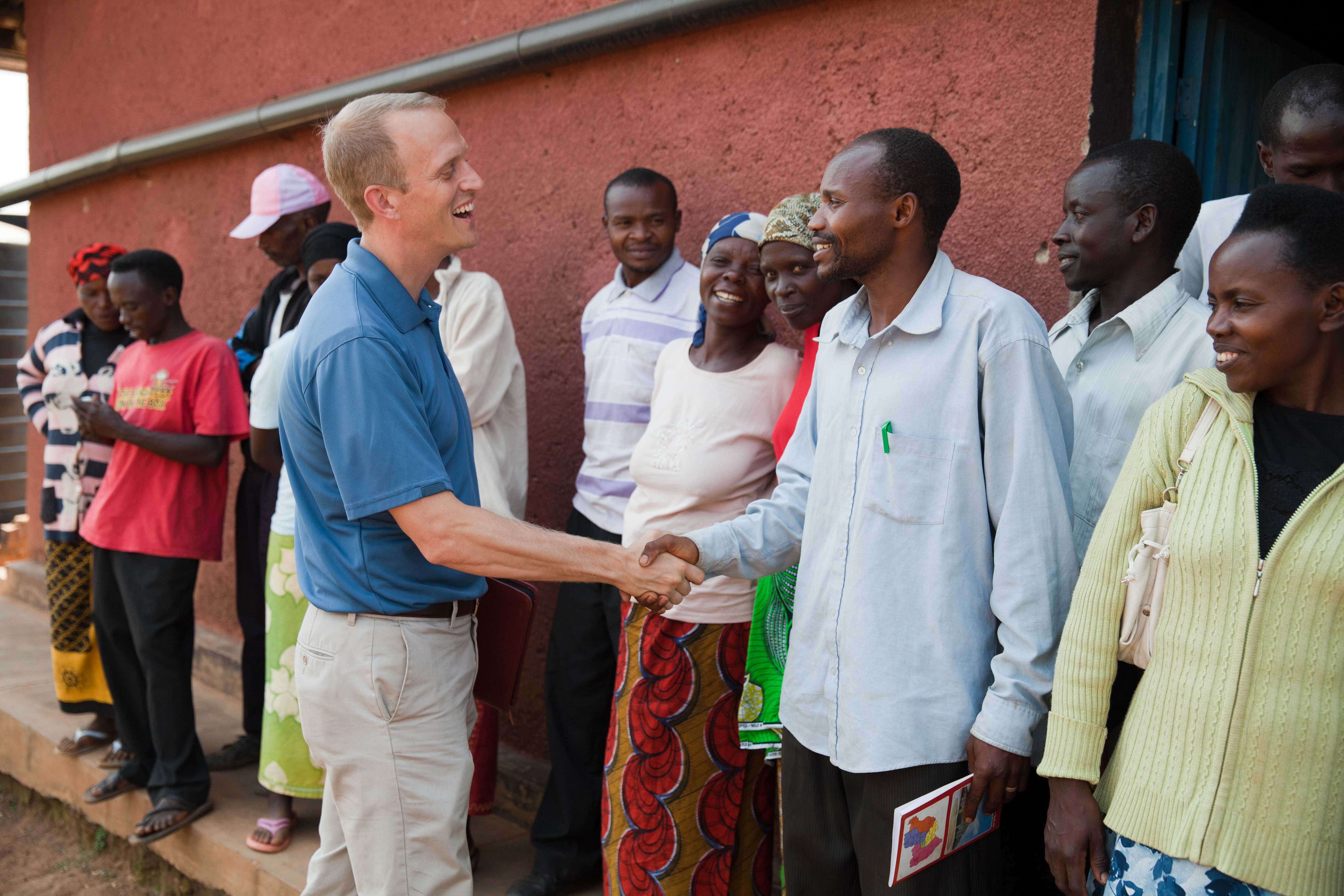As a child whose family had lived in Dakar, Senegal, for three years (pictured below), Katy Rogers had seen poverty. Later, as a college student volunteering in Rwanda, she believed she saw a viable part of the solution: Christ-centered microfinance. As she grew in her understanding of microfinance, Katy says, “It felt like, That’s my purpose in life. That’s what God has prepared me for.” Continue Reading…
Archives For poverty
HOPE Intl
HOPE Intl
Staff / TravelsIn their book Rooting for Rivals, HOPE’s president and CEO, Peter Greer, and chief advancement officer, Chris Horst, write:
We’ve been given a mission and mandate that requires nothing less than the best of our efforts working together in unity for the sake of the Kingdom … It’s time that we focus on the Church’s unified mission above our organizational agendas.
This Giving Tuesday, we’d like you to consider supporting these five organizations who are impacting communities in the U.S. and around the world. For the sake of the Kingdom, together, we can empower more and more families to overcome poverty and find their soul’s satisfaction in Christ. Continue Reading…
HOPE Intl
HOPE Intl
News Stories we loveHOPE Intl
HOPE Intl
News Spiritual Integration Stories we loveHOPE Intl
HOPE Intl
Stories we lovePeter Greer
Peter Greer
News Spiritual Integrationby Peter Greer, President & CEO
’Tis the season for planning Christmas compassion projects. From filling shoeboxes to setting up angel trees, churches and organizations around the world are thinking about how to launch these elegantly simple ways of caring for others during the most wonderful time of the year.
There is so much that is right and beautiful about these annual giving traditions.
I love that they offer a way for whole families to practice generosity together. I love that they’re an invitation to think beyond our me-centered, consumeristic desires and recognize that there are significant material needs in the world. I love that they invite us to share some of what we’ve received. And most of all, I love how they provide a glimpse into sacrificial love and service, reminding us of the story of Jesus.
At the same time, there are shadow sides to many of these projects, particularly if they don’t extend beyond one-time charity distributions.
For those of you who might be exploring what you should participate in this year, here are three questions to ask as your church and family seek to love and care for others well by getting involved this Christmas: Continue Reading…






